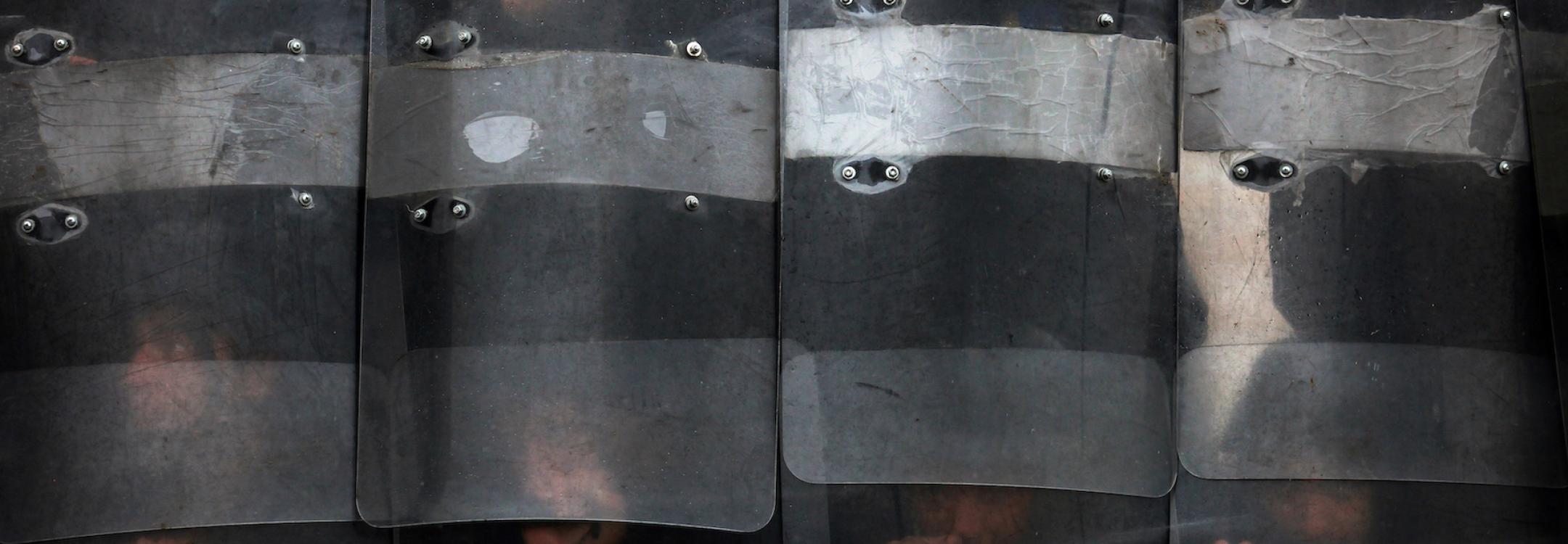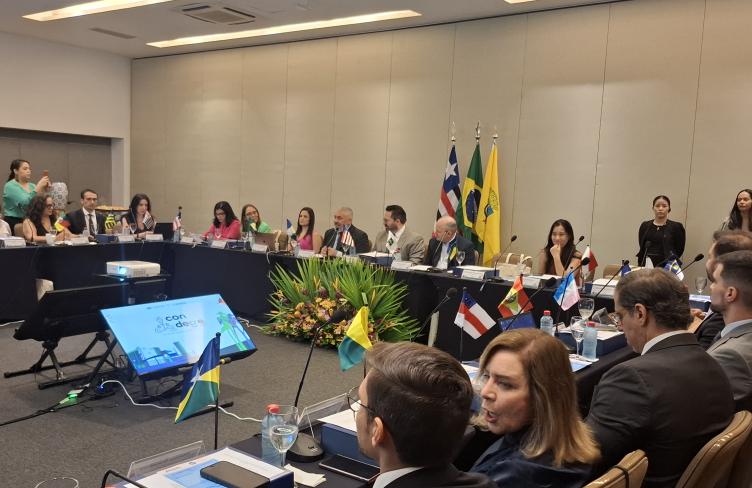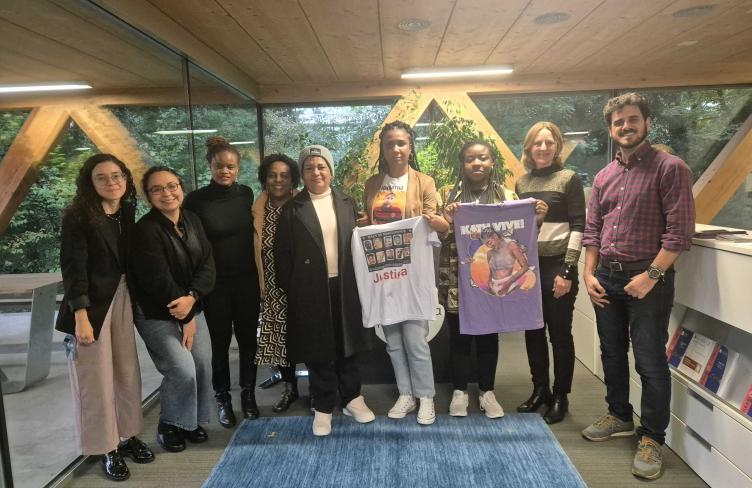
On 25 May 2020 in Minneapolis, George Floyd was tortured and murdered by a police officer. This episode has sparked national and global protests against systemic racism and police brutality.
Systemic racism is a root cause to torture and ill-treatment, and Article 1 of the UN Convention against Torture recognises 'discrimination of any kind' as an element of torture. Today, it is crucial that we take proactive and concrete actions to dismantle racism and discrimination in our political, economic and social systems. The murder of George Floyd is a tragic reminder that systemic racism breeds violence and impunity.
This week, the United Nations Human Rights Council in Geneva held an urgent debate on "the current racially inspired human rights violations, systemic racism, police brutality and the violence against peaceful protests", following the request of a group of African countries led by Burkina Faso. During the debate, held on 16 June 2020, the High Commissioner for Human Rights, Michelle Bachelet, called for the reform of specific institutions and law enforcement agencies across the world; and measures to address the “pervasive racism that corrodes institutions of government, entrenches inequality and underlies so many violations of human rights”.
Recent reports from around the world also point to a significant rise in killings and other instances of excessive use of force by law enforcement in the context of COVID-19 emergency measures. It has been widely reported that such unlawful practices have largely targeted persons living in situations of vulnerability, who are already affected disproportionately by the virus. Law enforcement agencies, including police have also faced significant challenges of enforcing emergency measures aimed at taming the pandemic; responding to reported increases in domestic violence, as well as to emerging forms of crime; providing more extensive support to healthcare personnel; and developing appropriate alternatives to reliance on arrest and detention. They continue performing regular duties in a rapidly shifting environment of great uncertainty and anxiety, including in respect of their health.
On the occasion of the International Day in Support of Victims of Torture, next week, we will amplify different voices, from national civil society organisations to United Nations experts, to explore concrete solutions to improve police practices and respect for human rights. Over the next four years, we will continue to support our law enforcement partners who are engaged in reform processes, to ensure that everyone is treated fairly and without discrimination. So that what happened to George Floyd, never happens again.


